|
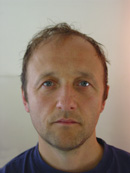
HOLGER MOHAUPT
In this seminar Scotland based Holger Mohaupt takes us on a journey. He engages us in his two year research project
which comprised a non-linear diary of digital photographs and short movies created as he travelled through Ausrtalia, Europe
and the United States. Exploring the cross cultural links between rural and urban life, his unique photographic compositions
are informed by the work of Robert Frank and Lee Friedlander, and just as those two photographers presented quite different
visual interpretations of their subject matter, so does Mohaupt His work uses an open source software developed by the
University of the Årts, Berlin [www.korsakow.org] to create an interactive and extraordinary journey that truly expands the
possibilities of digital photography.
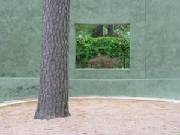
|
 |
 |
 |
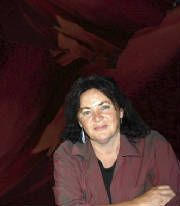
VIV MEHES
Viv Mehes has worked as a documentary photographer since the late 70's. Originally trained as a filmmaker, she uses the
camera as a traveller, to learn about people and the forces that shape their lives.
Viv works collaboratively with communities and writers on long-term projects to produce exhibitions and publications,
creating cultural narratives to understand place and belonging, the themes of migration, displacement, dignity and resilience.
Advocacy through storytelling remains at the heart of her practice, producing work that contributes to Australian peoples'
collective history.
Presenting her strong, thought provoking and emotionally moving imagery from the current touring show Shadowland, and
latest project Just Imagine, in this Seminar Viv traces how, while maintaining faith in the tradition of documentary, her
work has conceptually evolved, particularly over the last 12 years.
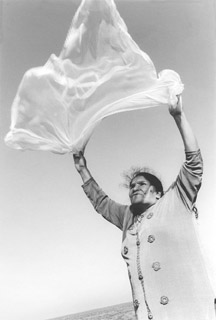
|
 |
 |
 |
|
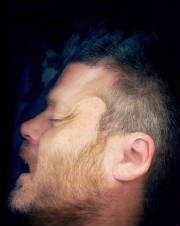
MURRAY MCKEICH
Generative Imaging
Murray Mckeich has used digital software such as Adobe Photoshop to codify his visual style and hence automate the production
of his surreal photo-media based imagery. His role as an artist is limited to defining a broad range of conceptual parameters
at the beginning of the process and selecting finished artworks from the range of options produced. In this way he has used
software as virtual studio assistants that negate his need to consciously construct imagery. As an artist he sees this form
of practice as beneficial to avoiding the traps of formula and taste that often define the personal limits of creativity and
imagination. As an academic researcher he anticipates Generative Art Practices as an ever more inevitable in the future of
cultural production. His seminar presentation will explore his work, the basic principles that underpin his form of generative
practice and its art aesthetic/historical/critical contexts.
|
 |
|
|
|

